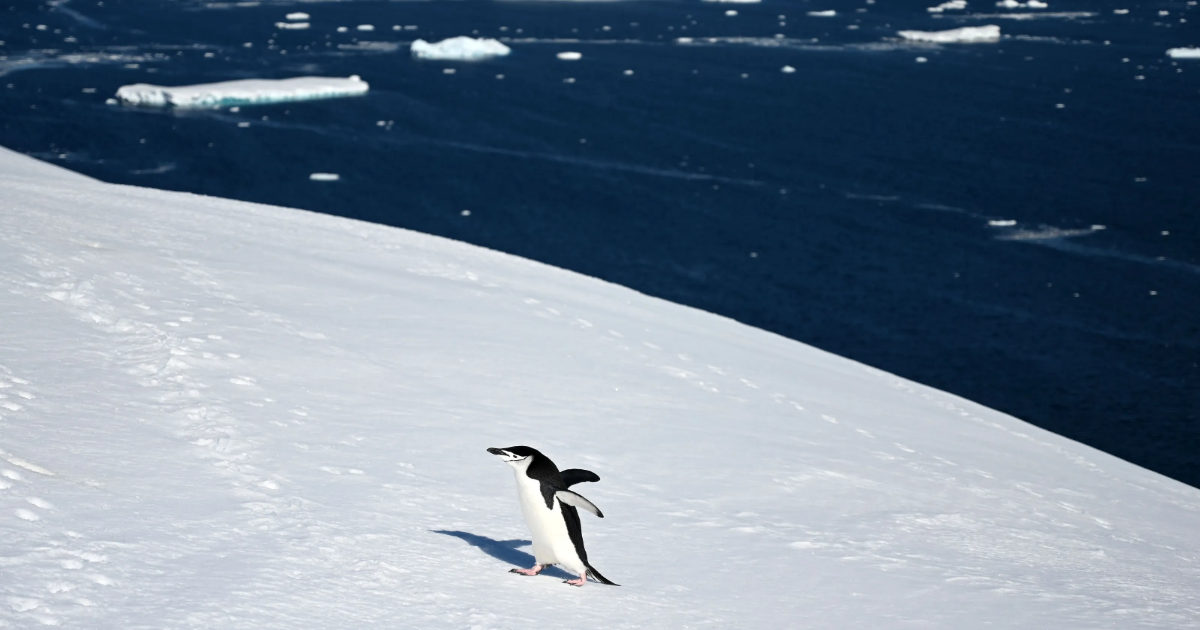
President Donald Trump’s “Liberation Day” unleashed widespread tariffs in a “declaration of economic independence,” but some countries targeted by the order raised eyebrows.
On Wednesday, Trump announced a 10% baseline tariff for all countries, and reciprocal tariffs against approximately 60 countries that he says contribute most to the U.S. trade deficit.
A tariff is a tax on imports paid by businesses importing the goods, and economists generally agree that the cost is passed onto consumers and slows economic activity. U.S. stocks tanked Thursday morning as several countries warned of retaliation and the threat of a global trade war loomed.
But two remote islands, only inhabited by wildlife like seals and penguins, were also caught in the tariff crosshairs. Here is what we know:
More: Senate rebukes Trump on Canada tariffs, with 4 Republicans joining Democrats
Uninhabited Heard and McDonald Islands hit with 10% tariff
Toward the end of a long list of charts displaying the reciprocal tariffs, as shared by the White House on X, Heard and McDonald Islands are listed as being hit with a 10% reciprocal tariff.
The islands are located between Australia, South Africa and the Antarctic continent. They are conserved for their “pristine island ecosystems” with a rare combination of sub-Antarctic islands and active volcanoes, according to the UNESCO World Heritage Convention.
The Australian territory, more than twice the size of Washington, D.C., is uninhabited by people and primarily used for research, according to the CIA.
However, it does have thriving wildlife largely untouched by people, with several populations of bird species, seals and penguins.
The islands were named a UNESCO World Heritage site in 1997.
Global trade war tensions rise; stock markets react
Australia was also hit with a 10% reciprocal tariff, according to the White House chart. Other Australian territories were also named, including Norfolk Island, Cocos Island and Christmas Island, which together have a population of less than 5,000 people, according to CNBC.
The White House did not immediately respond to USA TODAY’s request for comment about the tariff on the uninhabited islands.
Australian Prime Minister Anthony Albanese reacted to the tariff news Thursday, saying it was “not the act of a friend.” He added that the country wouldn’t issue retaliatory tariffs, according to Reuters.
Other countries, however, seem poised to fight back. Ursula von der Leyen, president of the European Commission, said the EU would issue countermeasures without specifying. China has also said it would issue countermeasures, Reuters reported.
U.S. stocks opened low Thursday, and companies that import their goods from countries most impacted by Trump’s recent orders saw some of the sharpest declines.
Contributing: Medora Lee, John Bacon, Joey Garrison
Kinsey Crowley is a trending news reporter at USA TODAY. Reach her at [email protected]. Follow her on X and TikTok @kinseycrowley or Bluesky at @kinseycrowley.bsky.social.
